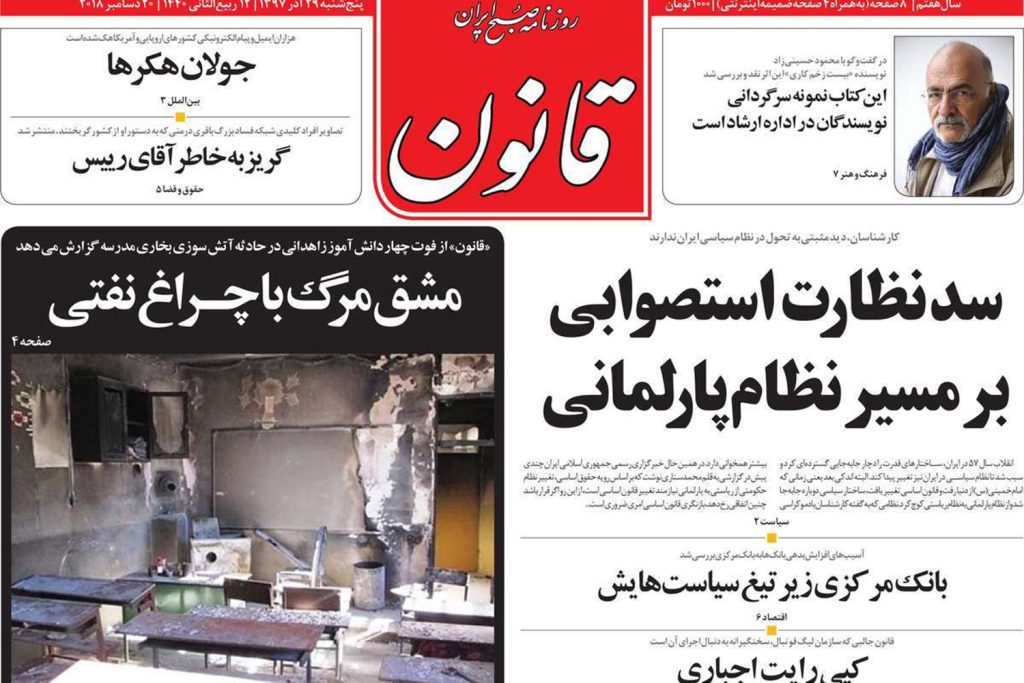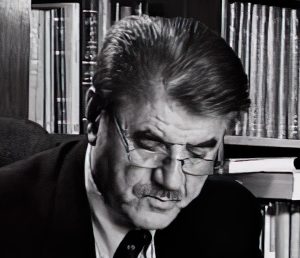Saleh Nikbakht, a lawyer, discussed supervisory oversight in an interview, stating that according to the Constitution, the presumption of innocence is fundamental, and no one is considered guilty unless proven so in a competent court. He added that Article Thirty-Seven of the Constitution, known as the Principle of Innocence, is derived from a religious principle of the same name and is defined in the principles of jurisprudence as when there is no evidence for or against a claim, the presumption is innocence. This principle is valid and correct in all cases unless the claimant provides evidence against the person’s innocence.
Nikbakht explained that the Election Law of 1999 designated four authorities to review the qualifications of candidates: the Judiciary to check for final convictions, the Ministry of Intelligence to investigate ties to anti-regime political groups, Interpol to review criminal records in other countries, and the National Organization for Civil Registration to confirm the candidate’s Iranian nationality. The lawmakers believed that if these four authorities gave positive feedback, the individual should generally be considered qualified to run for office, and the presumption of innocence should apply.
However, the Guardian Council’s oversight goes beyond these matters, encompassing the individual’s beliefs and personal principles. The Guardian Council believes that these four authorities cannot determine whether an individual adheres to religious duties and abstains from forbidden acts, requiring additional investigation channels to ensure the candidate performs religious duties and avoids forbidden acts. The Guardian Council seeks to verify whether the individual observes religious duties, and it is responsible for interpreting the Constitution, complicating the matter further.
In response to a question about the scope of the Guardian Council’s oversight, Nikbakht stated that the Council believes its oversight is not merely informative but authoritative, allowing it to take any action necessary to verify a candidate’s qualifications. Opponents argue that if the oversight were authoritative, the lawmakers would have explicitly stated so, as is done in matters of will and endowment.
He added that these disagreements and complexities have persisted since the death of the late revolutionary leader and remain unresolved. During Imam Khomeini’s lifetime, the issue of the Guardian Council’s authoritative oversight was not as prominent, and many members of the then-parliament were deemed unqualified to enter parliament. This indicates that even if the Guardian Council’s oversight existed then, it was not utilized in the same way.
Nikbakht, as a legal expert, offered a solution to navigate this situation, stating that these disputes will persist because the Guardian Council has the constitutional right to interpret it, and its interpretation is authoritative oversight. He emphasized that supervision and execution should not be mixed and that attention and adherence to the Constitution are necessary.

